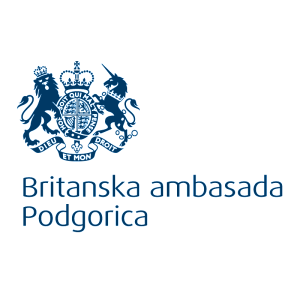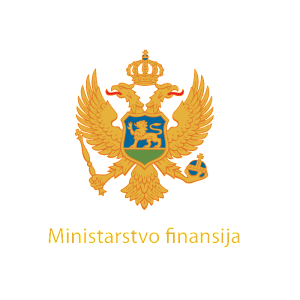About project
Laws, rules decrees and regulations are indispensable. They are in place to protect consumers, employers and employees, but also the provide general governance, helping to build a better and more equitable society. Although this is their primary purpose, over the years, the set of regulations, together with the respective institutions and inspectorates, become ever more complex, and may hamper business and harm the economy. Citizens often give up their business ideas when faced with a number of regulations preventing them fromtrying to materialise them or to function properly. The best way to prevent this trend in business is to give an opportunity to people to find themselves the best solutions to the challenges they face in their daily work.
Through public dialogue, we aspired to improve public service quality and efficiency. The possibility of working together with the members of the public on streamlining procedures at the local and national levels encourages us to persevere in the intention to build a better and a more efficient business environment within the country. We are aware of a number of barriers currently blocking the way for launching and developing businesses, which may be removed.
The public debate launched at the portal drew the attention of central and local level administrations to the issues faced by individuals and businesses in their business environments. Thus, thanks to citizen activism, an administration tailored to the needs of citizens and business is being created.
* * *
The “No Barriers! So Business Doesn’t Wait” campaign is conducted within the framework of the Cutting Red Tape – Public Administration Tailored to the Needs of Citizens and Businesses project, implemented by the UNDP Country Office in Montenegro in cooperation with the Ministry of Finance, supported by the UK Embassy in Podgorica and other partners. The project seeks to interact withthe members of the public, aiming to cut red tape and remove business barriers which slow down and impede business operationwith a view to improving public service quality and efficiency. It has been designed together with the South Eastern European Government Communications Forum (SEECOM), modelled against the British „Red Tape Challenge“
Our Team
Miloš Vuković

Milika Mirković
Montenegrin Employers Federation
Partners





